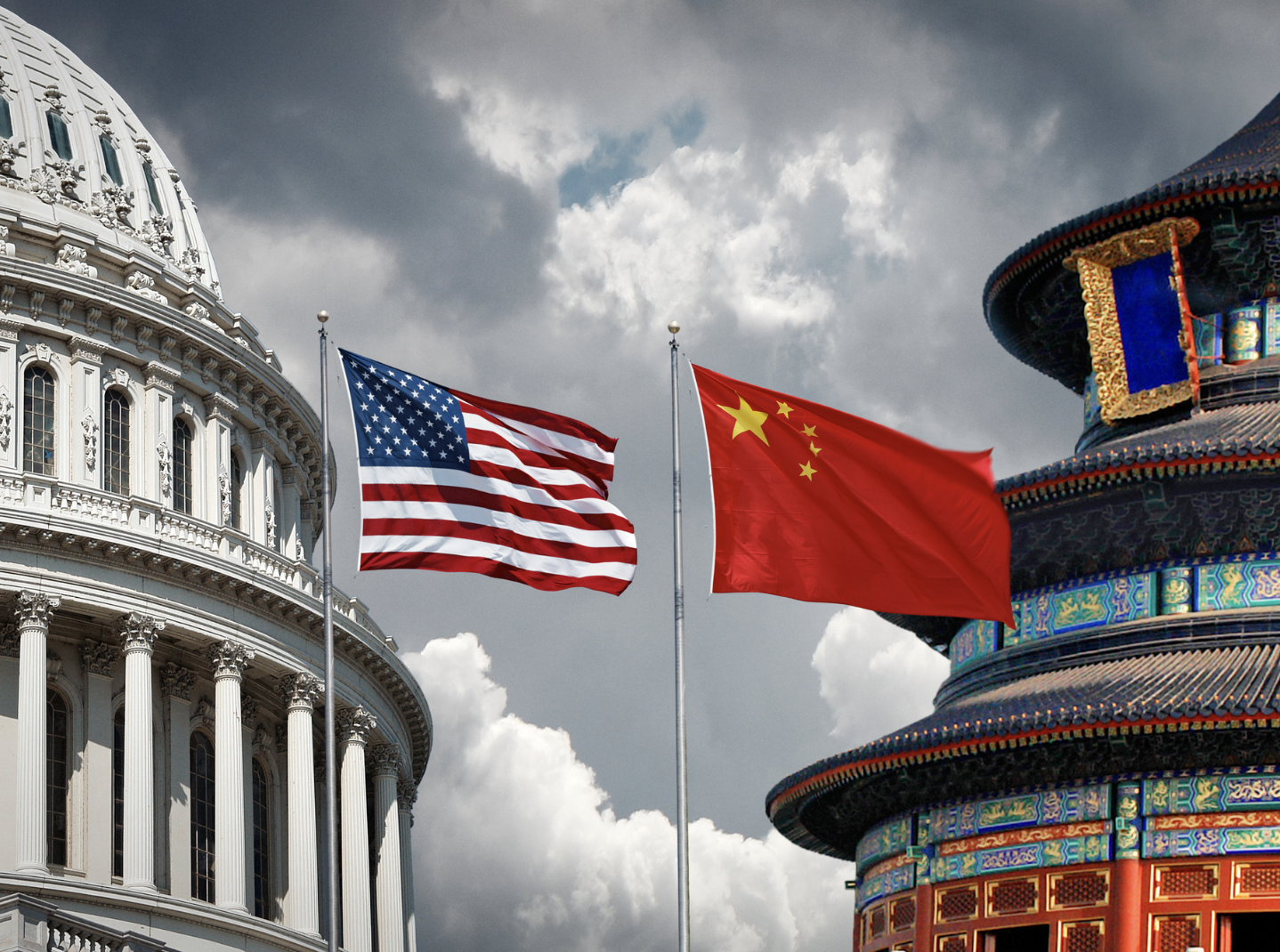Beijing condemns the move as unilateral sanctions and vows to protect its companies’ interests.
China has strongly condemned the United States’ recent decision to add several Chinese entities to its export control list, a move aimed at restricting Russia’s access to advanced U.S. technology for its military operations.
In a statement released on Sunday via state media outlet Xinhua, a spokesperson for China’s Ministry of Commerce labeled the U.S. action as a “typical act of unilateral sanctions and long-arm jurisdiction.” The spokesperson argued that this decision undermines the international trade order and rules, while also jeopardizing the security and stability of global industrial and supply chains. Beijing warned that it would take measures to safeguard the rights and interests of Chinese firms affected by this decision.
The U.S. government announced on Friday that it is tightening export controls to “further restrict the supply of both U.S.-origin and ‘U.S. branded’ items to Russia and Belarus for the Kremlin’s illegal war on Ukraine.” This measure involves the addition of 123 entities to the U.S. “Entity List,” which includes companies subject to export restrictions and licensing requirements for specific technologies and goods.
Among the newly listed entities, 42 are based in China, 63 in Russia, and 14 in Türkiye, Iran, and Cyprus. Companies placed on the Entity List face significant hurdles when attempting to obtain U.S.-origin items, which are crucial for various industrial and technological applications.
“We will continue our multilateral approach to attack this problem from all sides and use every tool in our arsenal to prevent Russia from gaining access to the advanced U.S. technology needed for its weapons,” said Alan Estevez, Undersecretary of Commerce for Industry and Security, in a statement.
Additionally, the U.S. has targeted diversion tactics through shell companies by adding four “high-diversion risk addresses” in Hong Kong and Türkiye to the Entity List. Transactions involving these addresses will now require a special license, further tightening control over potentially illicit transfers.
This latest round of restrictions is part of the Biden administration’s broader effort to isolate Russia and its allies economically and technologically in response to the ongoing conflict in Ukraine. In February, the U.S. imposed trade restrictions on 93 entities from several countries, including Russia, China, Türkiye, the United Arab Emirates, Kyrgyzstan, India, and South Korea, accusing them of supporting Russia’s military actions in Ukraine.
Moreover, in April, the U.S. Office of the Trade Representative launched an investigation into China’s maritime, logistics, and shipbuilding sectors. The probe was based on allegations that Beijing employs “unfair, non-market policies and practices” to gain dominance in these industries.
As tensions continue to escalate between the U.S. and China over trade and technology controls, global markets are bracing for potential disruptions in supply chains and further geopolitical friction.
China Leaves Key Lending Benchmarks Unchanged, As Anticipated





